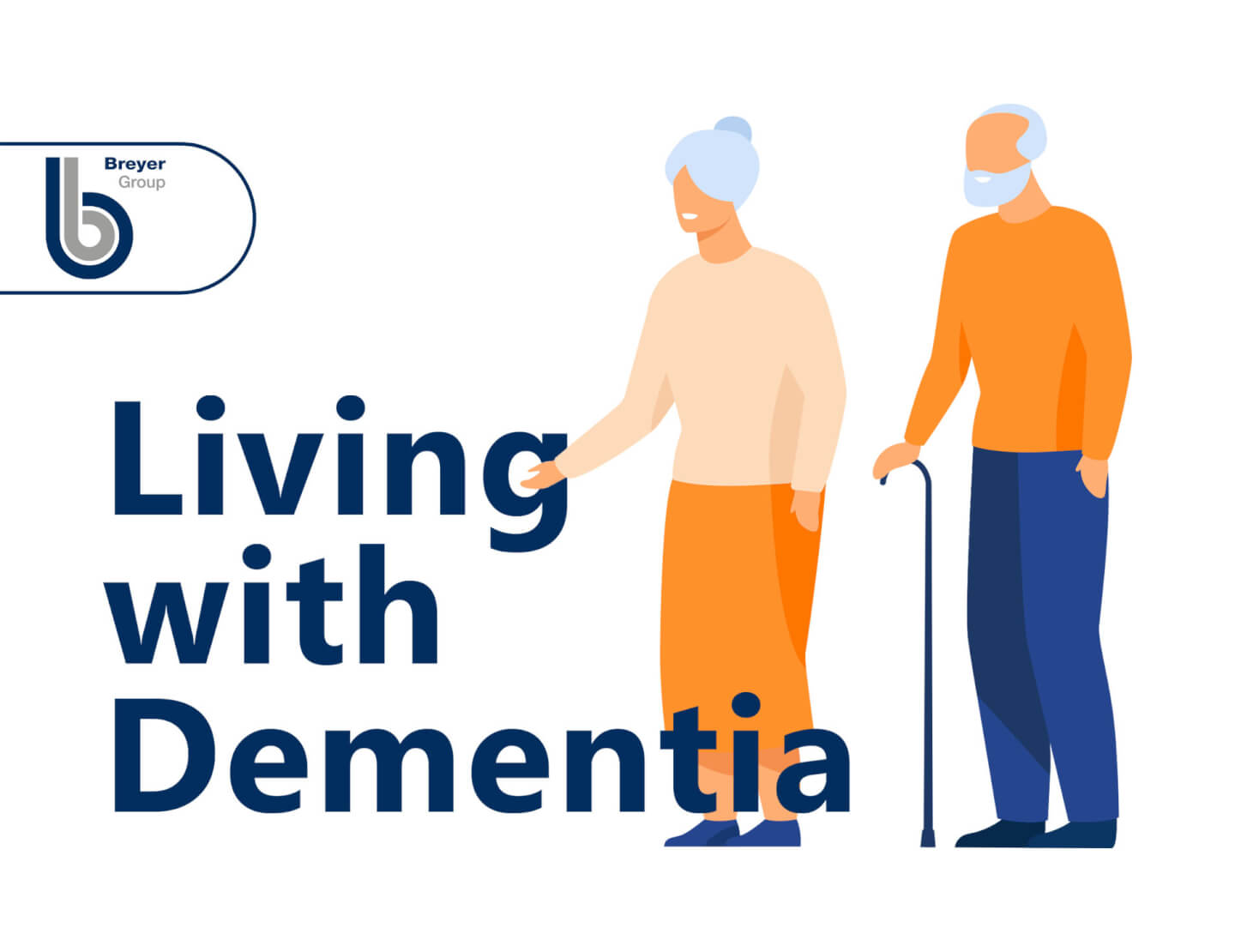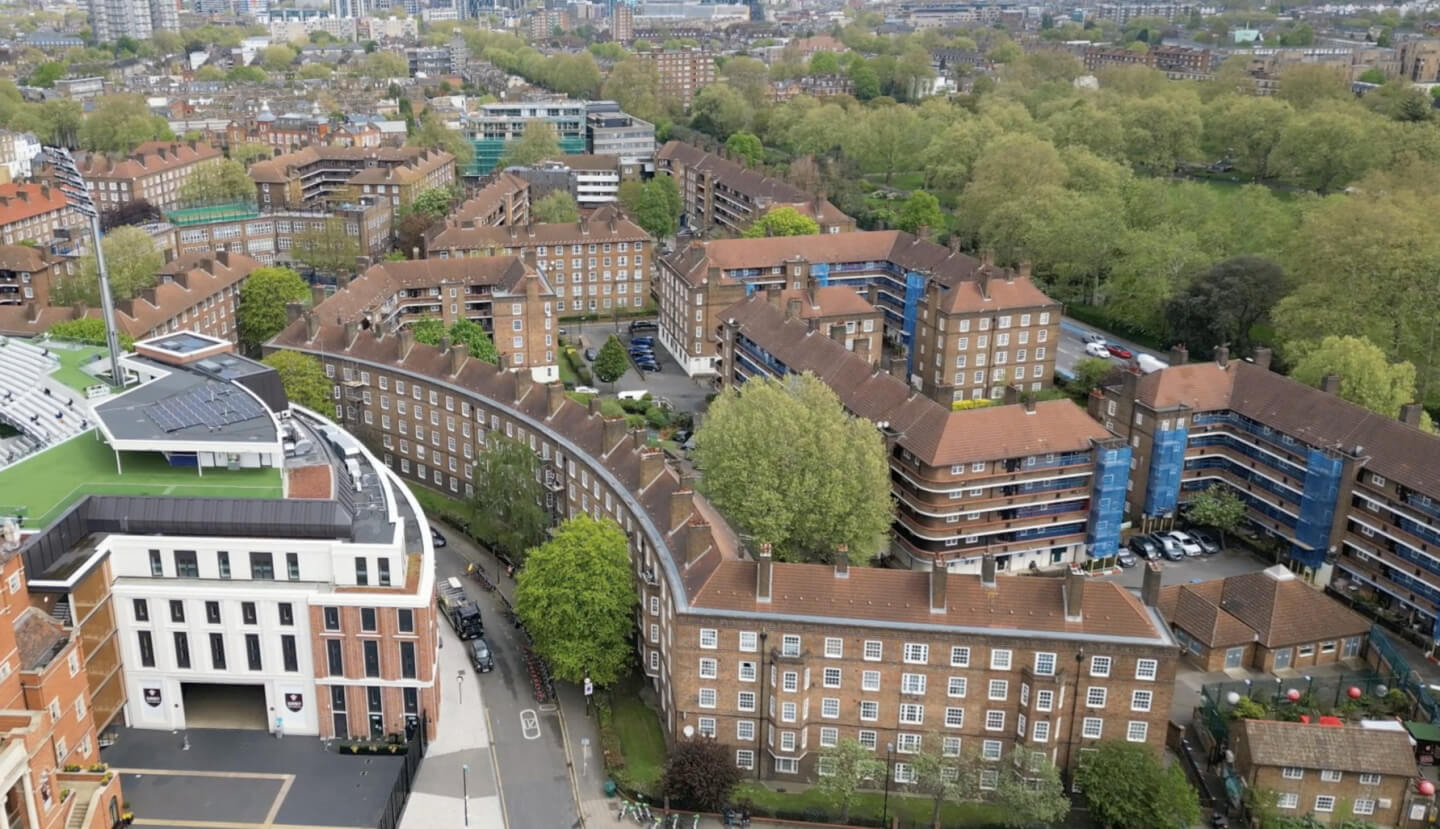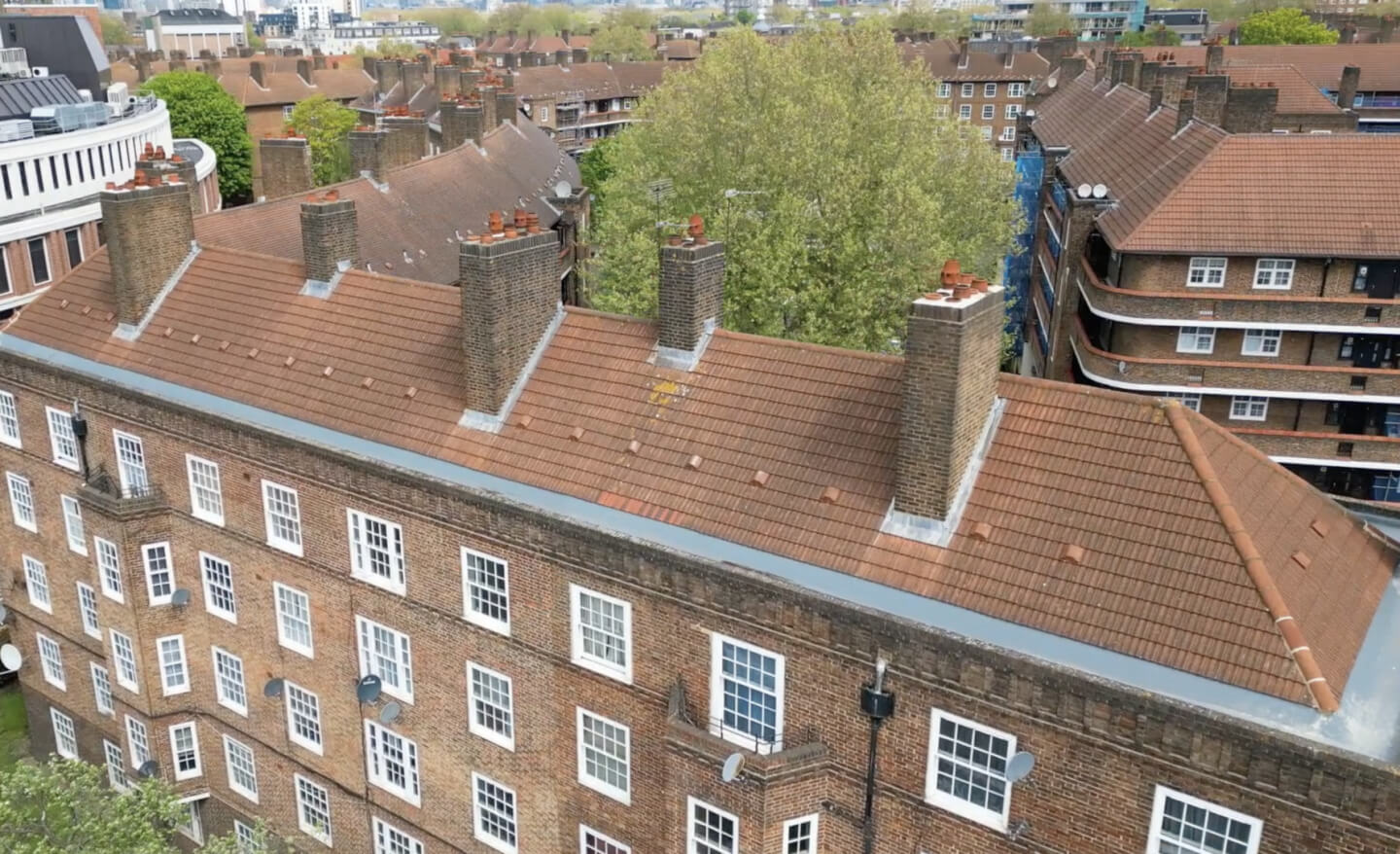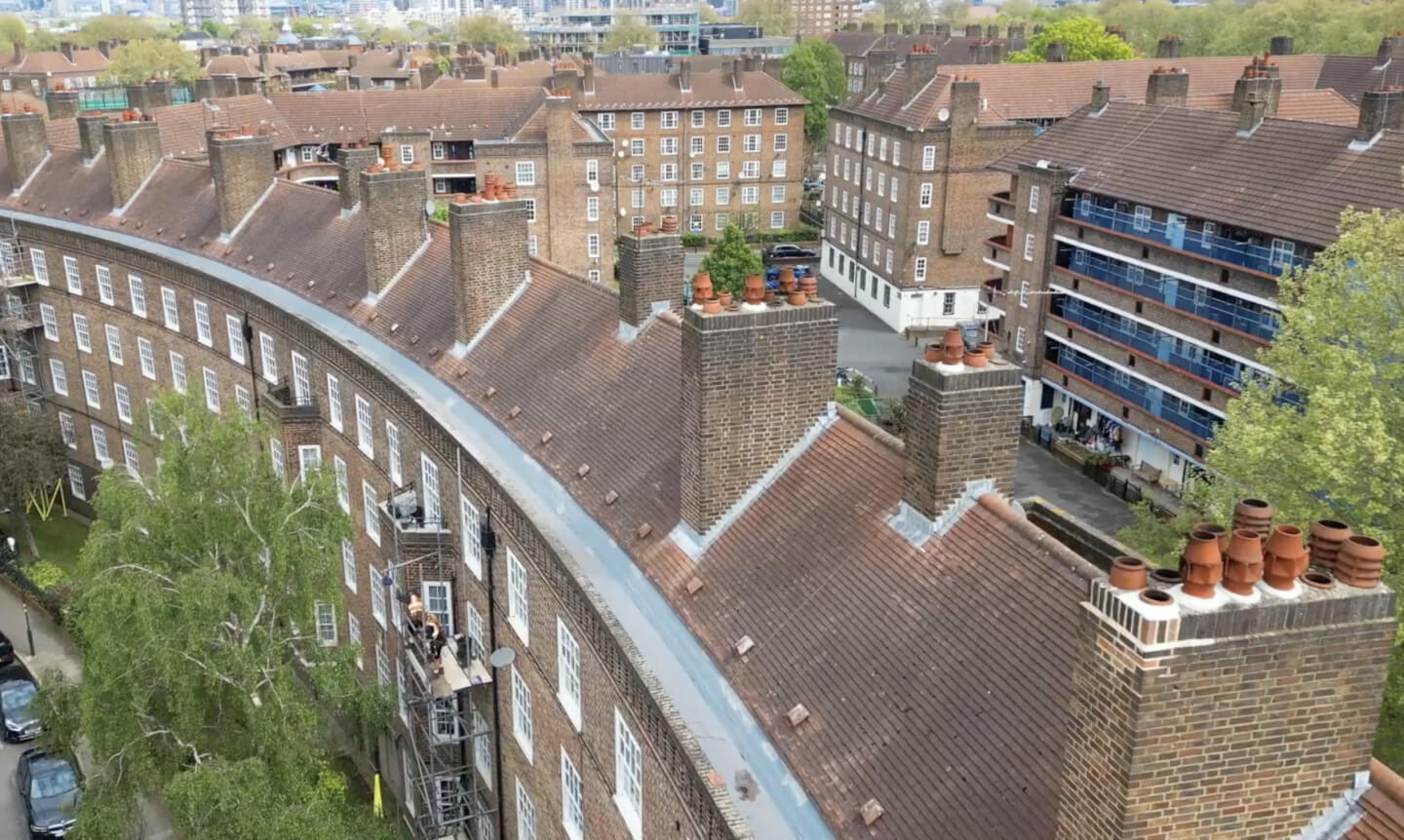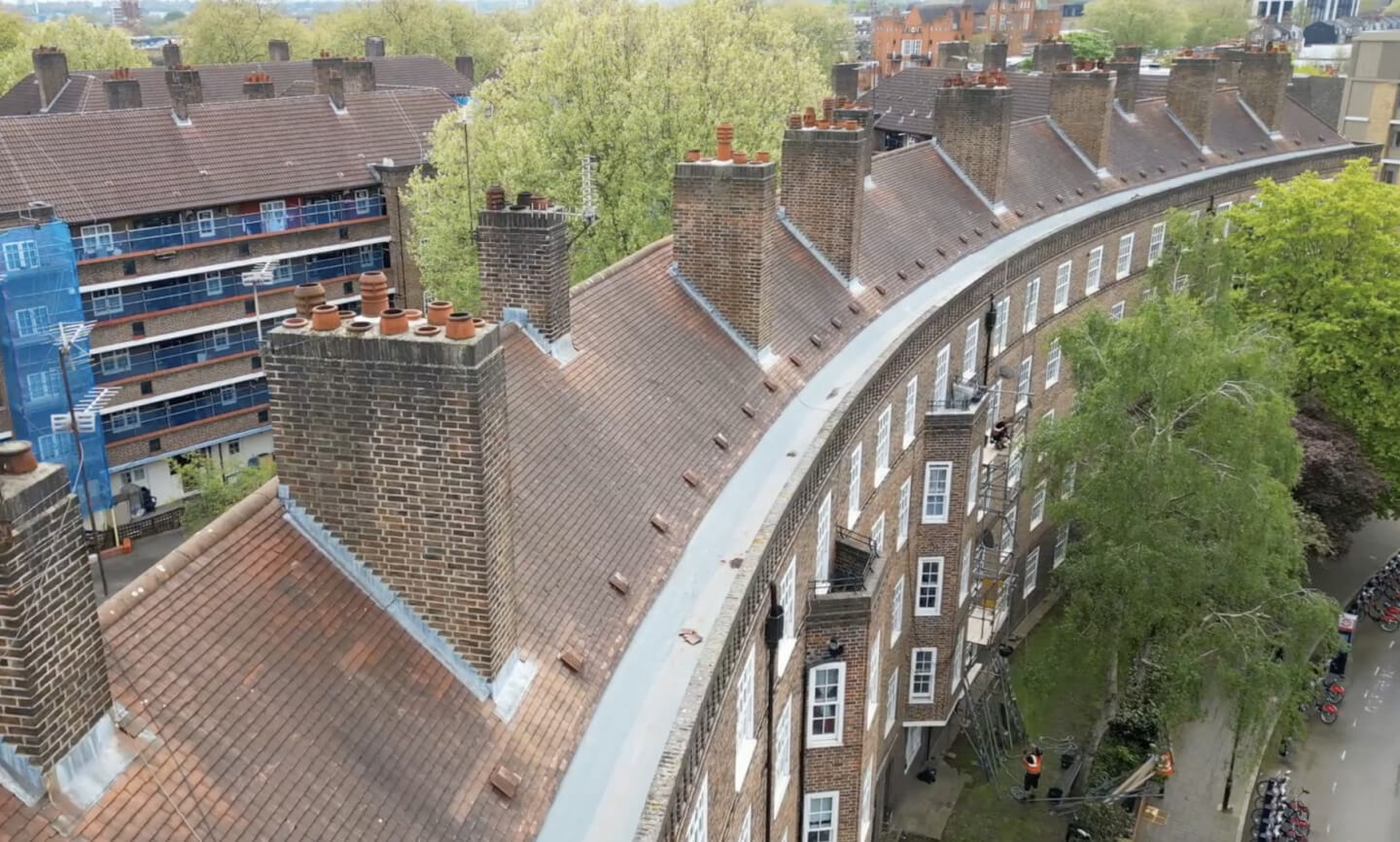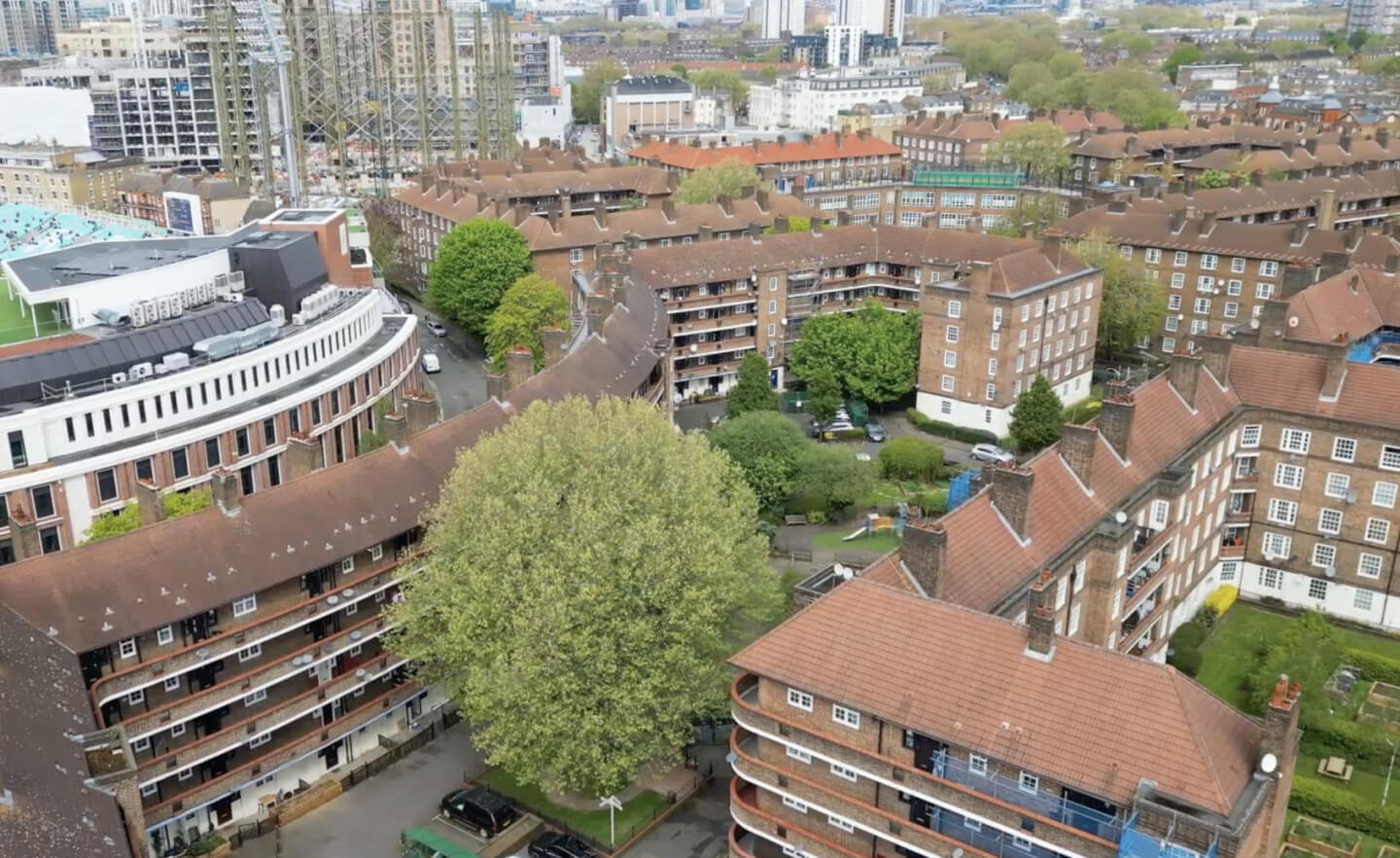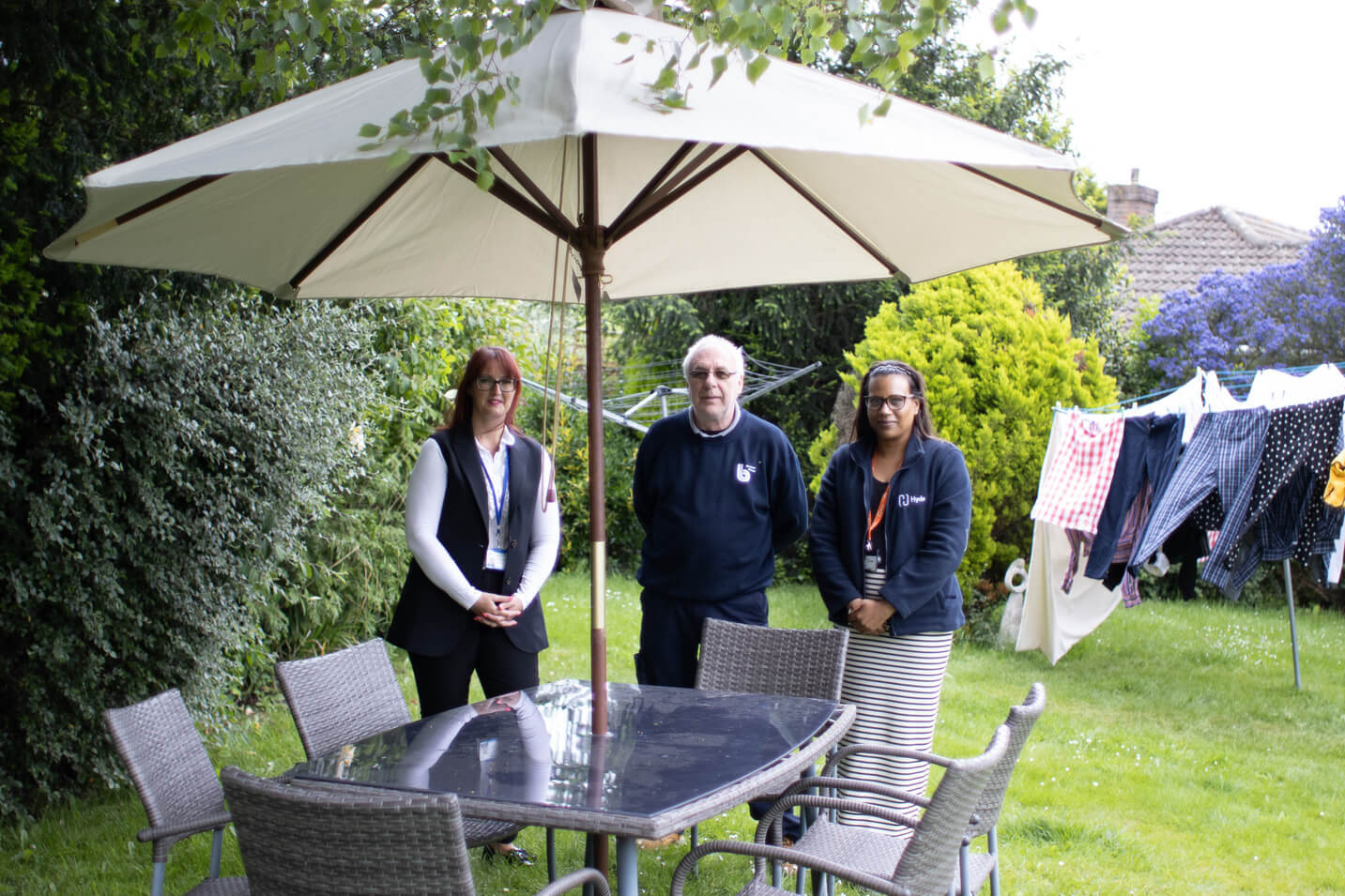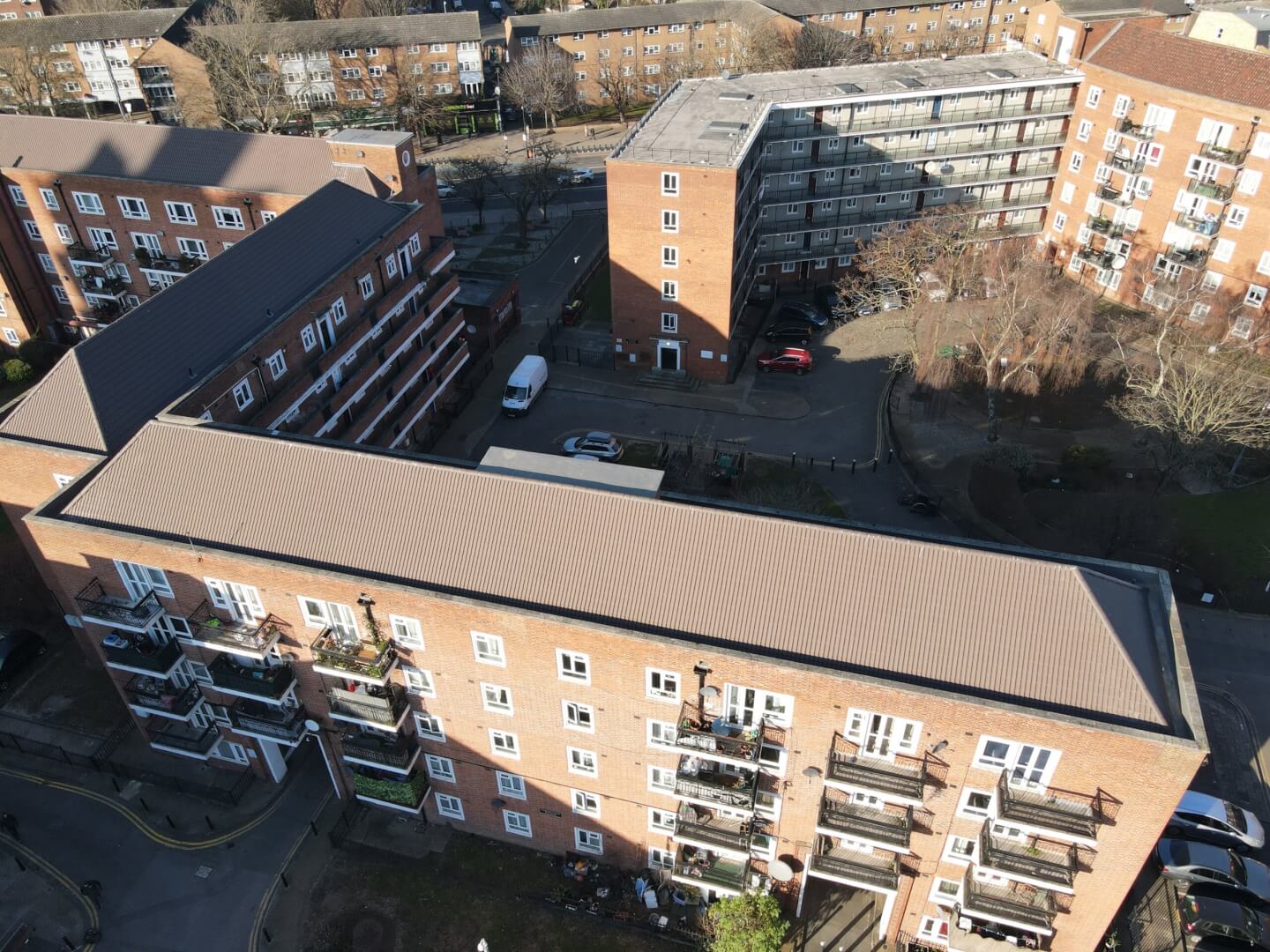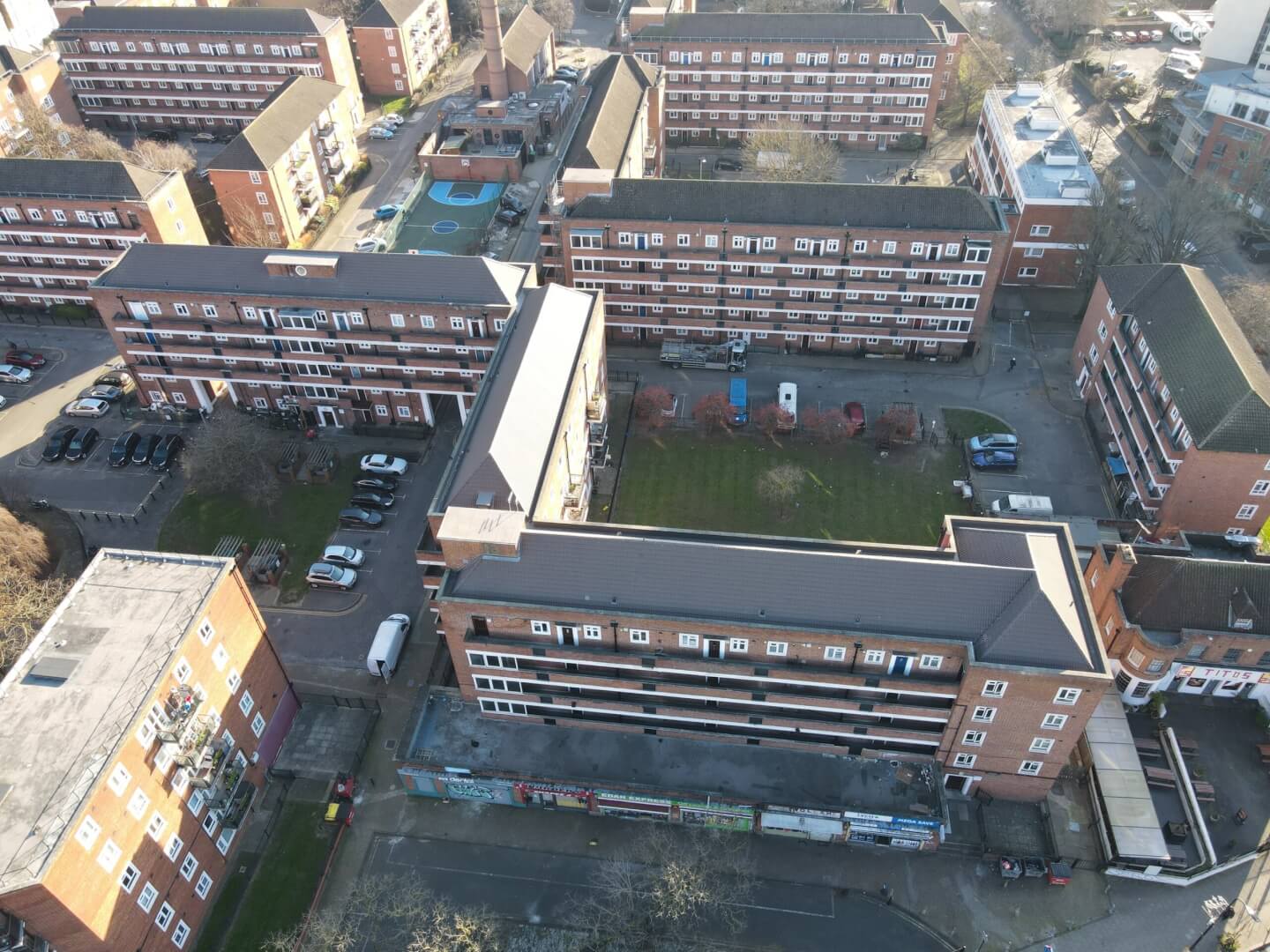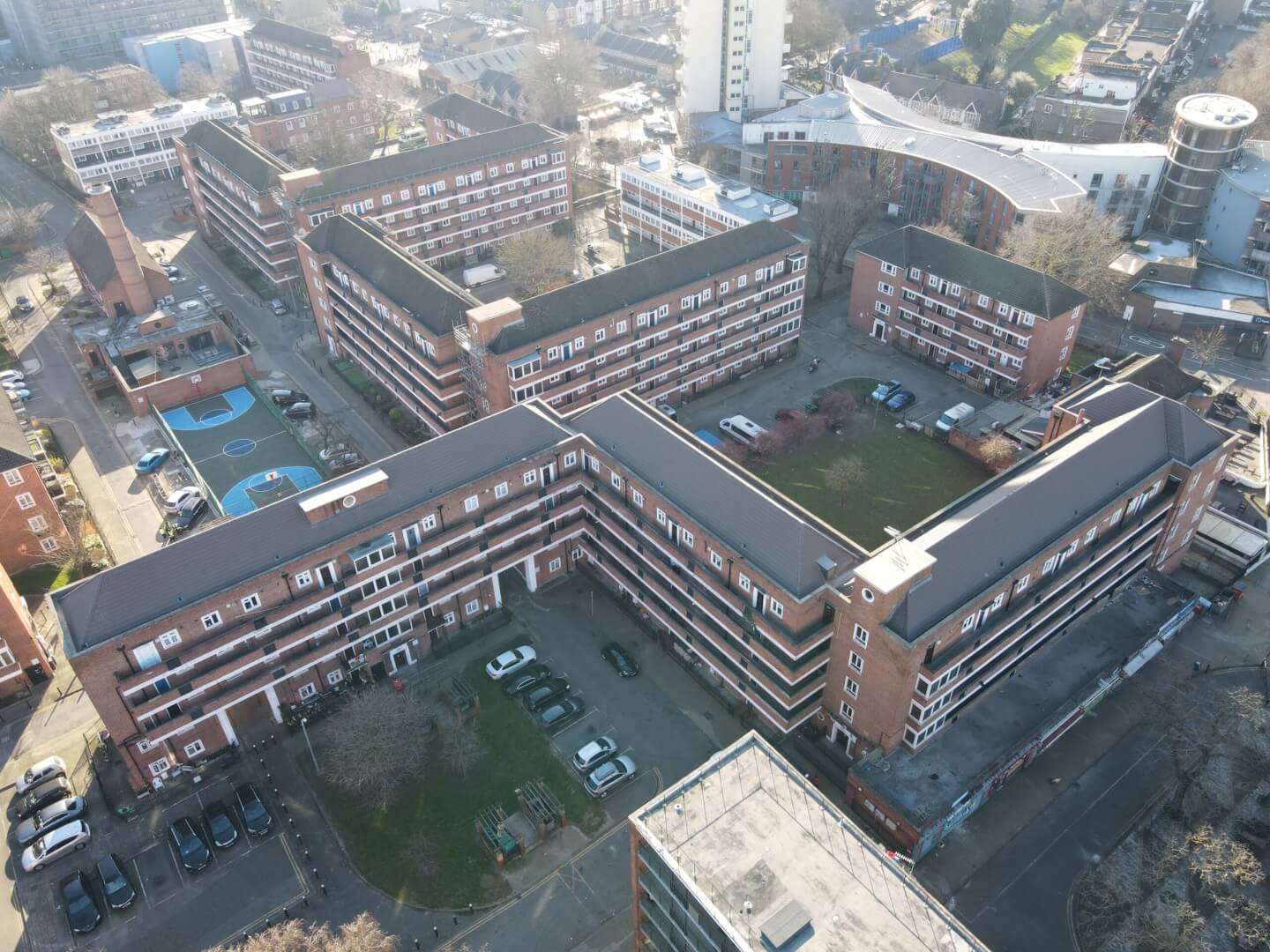At Breyer, it’s important that we ensure our teams are equipped to deliver the best possible service to our clients and their residents. Often, this means providing training and appropriate tools. Sometimes, this means offering support when life happens and emotional wellbeing is affected.
Dementia is something that is likely to confront all of us at some point in our lives and one way that we can help those experiencing it is to raise awareness of its impact. For those of us on site, we might work in the property or care home of somebody with dementia. For others of us, we may know a loved one experiencing dementia. In either case, understanding this degenerative, life-limiting disease and how to support those impacted by it can make a real difference.
Breyer Operations Manager, Lee Furbank has firsthand experience of this brutal illness. His in-laws now both have advanced dementia and the impact has been wide-reaching for his family. With Dementia Action Week in mind, Lee has offered to share his experiences to help raise awareness of what it’s like to live with this harsh disease. He gave the following insights:
“My wife’s mum showed symptoms of dementia about 15 years ago. At first, she’d just forget the odd thing, which we didn’t think a lot of initially. It was only after it got worse that we decided to get her tested and found that she had the onset of dementia. Thankfully, with medication, the symptoms slowed down and seemed manageable but, after 7 years or so, they sped up again.
“Over the last 5 years, my mother-in-law’s condition has deteriorated considerably. She no longer recognises her daughter most of the time. It’s as if she’s gone back to childhood. She thinks that her parents are still alive and will even see people that aren’t there, talking to an empty space in the room.
“At one point, we decided to install cameras inside my in-laws’ home to ensure that they were both okay. Footage would show my mother-in-law doing things like leaving the house in her nightdress and standing in the garden in the middle of the night. It was about this time that my father-in-law also started to become forgetful. We thought it was the result of stress from looking after his wife. But, he soon started to show further signs of dementia, and his condition deteriorated a lot quicker than his wife’s.
“It wasn’t long before we had to move them both into a home where they would get the care that they needed. Sadly though, my father-in-law soon started to show aggressive behaviours, which meant that he needed to be moved to a different care home with additional support. He became increasingly confused after the move, thinking every woman there was his wife and my wife (his daughter) was his sister.”
Lee describes the deterioration of his in-laws as watching them slowly fade before him; like the siblings on the photo in Back to the Future (for those familiar with that film). For Lee’s wife, seeing the parents she loved and respected gradually decline and change beyond recognition, even while looking essentially themselves, has been heart-breaking. Her weekly visits are followed by grief and tears. It can take days to recover emotionally, only to go back for the next visit. But the impact hasn’t stopped with Lee’s wife. Lee explains:
“Because my wife has been so affected by her parents’ deterioration, our teenage sons have suffered too. After my father-in-law became aggressive in front of them, my wife and I decided to protect them from seeing their grandparents but we couldn’t protect them from the related impact to their mum. My wife has been so distressed by the situation with her parents that she has become understandably emotionally drained and, at times, withdrawn as a result.”
When I ask Lee how he supports his wife, he tells me that he does everything he can to be there for her emotionally, simply listening or giving her a hug when she returns from the care home. He also tries to remove as much as possible from her in terms of practical tasks. His advice for others looking to support loved ones with dementia is similar. He says:
“The best thing you can do to help those with loved ones experiencing dementia is to show them compassion and empathy. That means listening to their specific experience of dementia and how it’s impacted their lives, as well as helping practically if you can. Everybody’s experience of dementia is different. So many people have responded to my wife with a “I know somebody who’s got dementia” statement and, although I know it’s well-meaning, it simply leaves her feeling unheard and alone in her specific situation. Taking the time to understand the unique perspective of somebody going through the heart-breaking process of supporting a loved one as they deteriorate with dementia is a rare thing and it’s invaluable.”
I’m interested to know what advice Lee would give to any Breyer staff working in or around people with dementia. He shares the following thoughts:
“Don’t talk down to people with dementia. They may have reverted to childhood in many ways but they’re still adults and may get frustrated if they feel patronised. Try to engage with them on a personal level and pay attention to how they’re responding to you so that you can make sure they are comfortable with the work you’re doing. Be sure to explain what you are doing if they seem confused and, if you are asking questions but get no answer, try rephrasing the question or taking a different approach, rather than repeating it several times over. Chances are they aren’t replying because they simply don’t understand you or may feel bewildered by what’s happening.”
For those of you who would like to know more about dementia and its impact, there are some brilliant organisations working in this area, including Alzheimer’s Society and Essex Dementia Care.

